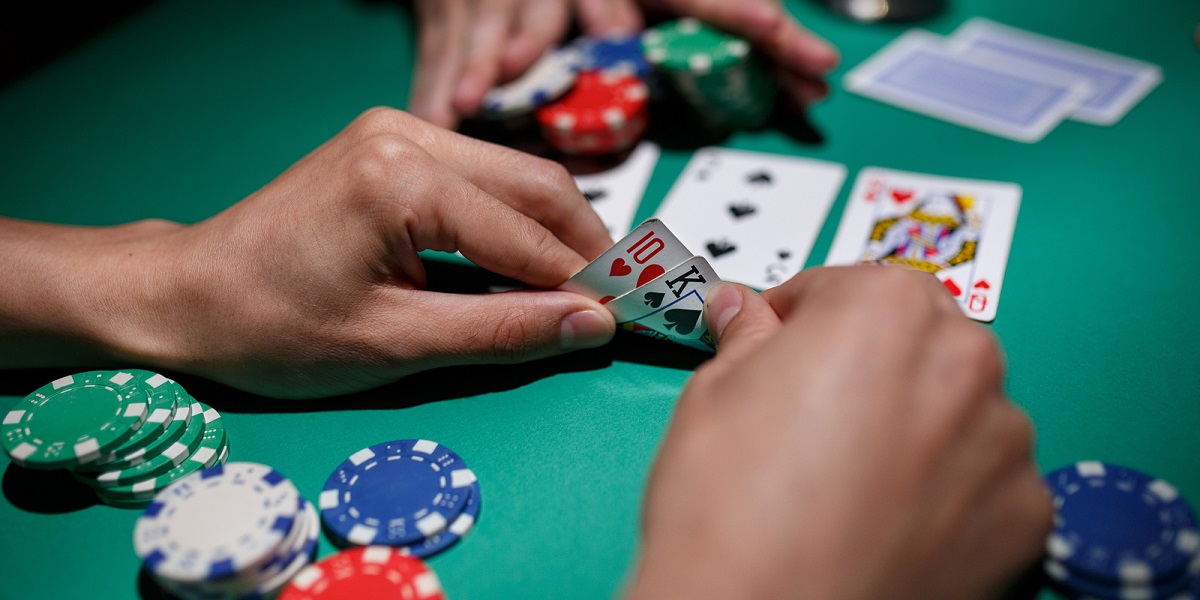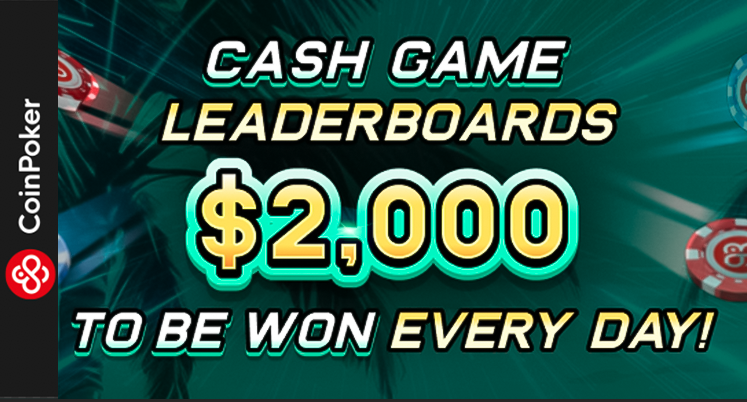

How to become a professional poker player: prerequisites | GUIDE P1

There are more and more amateur poker players
and learning the basics of its dynamics is elementary to be able to develop
more and more as a player. However, the deep mathematical knowledge that is
sometimes required to be able to manage all the variables makes that
experience, perseverance and discipline are fundamental requirements to aspire
to be a "pro" player.
But let's go by parts. If you want to learn how to play professional poker, we have prepared a series of guides with everything you need to know to rub shoulders with the best poker players. Let's start with the basics: how to learn to play professional poker, what requirements must be met, how winnings should be calculated and what player profiles mostly populate the most "pro" games. In short, everything you need to know to be a successful professional poker player.
Requirements to become a
professional poker player
There are a thousand ways to become a poker fan: watching a game broadcasted on
television, through casual game platforms on the Internet, through informal
games with friends... but there is a moment when something awakens.
That interest, mixed with the adrenaline of the
games and the cat and mouse game that takes place under hand, makes many
casual players who had never thought about how to play professional poker end
up specializing and playing high-level competitive games.
When learning to play professional poker is no
longer an aspiration but a goal, it is elementary to be clear that three
aspects must be controlled on a personal level: interpersonal relationships,
health and money. Poker cannot be a pretext for social isolation,
although it is true that it requires a lot of dedication and many hours of
training.
Keeping in touch with your close circle of
people will help you to keep your motivation high and not to suffer from the
wear and tear it causes. If you ask any "pro" how to be a
professional poker player, you will see that one of the first things they will
tell you is not to neglect personal relationships. It is important that the
mind disconnect, no matter how high you feel.
And it is vital to maintain your health so as
not to fall into vices that will keep you away from your goal. There have been
countless cases of good players who wanted to know how to be a poker
professional and dedicated themselves entirely to it; so much so that they
did not maintain their balance and ended up becoming social isolates whose
ambition ended up taking its toll on their health.
As for money, what to say about it. Being disciplined is a basic aspect if you want to know how to become a professional poker player. You have to differentiate between the money you use to play poker and the money you need to live, and both accounts must be managed separately. Compromising your financial stability for an excess of ambition is a path that has only one way out: ruin.
Mental toughness training
Many amateurs have wanted to ask their idols
how to be a poker professional tomorrow. There are those who direct their
advice towards discipline, stability or health, and even venture into the
debate as to whether poker is a game of chance or skill.
Beyond that, poker is a game of mental
toughness. Resilience is fundamental to avoid falling into boycott,
conspiracy when something does not go as planned and to be able to have a high
capacity of recovery when you are in low hours.
Having absolute emotional control is vital if
you want to learn to play professional poker, and that can only be trained
by playing, facing tough opponents at the tables over and over again. In the
end, the mind adapts and you become hardened. There is no other way.
Keep in mind that on your inner journey you can get lost. Poker can be a very tough game if you don't know how to manage it well. That's why knowing how to play professional poker is so important: emotions play a vital role and, if we allow ourselves to be dominated by them, poker can beat us and knock us out mentally. It is important to remember that it is the players themselves who make decisions and dictate their own EV for each hand against other opponents, and knowing how to identify the tendencies of the game to exploit them to your advantage is important to achieve victory.
Starting to become a
professional poker player
If you want to know how to become a professional poker player, you should know that having a lot of mental agility and being able to mentally handle numbers with ease is fundamental. In poker, numbers always rule, and analyzing statistics, managing winnings correctly and measuring bets so as not to fall into follies is something basic.
About bankroll and bets
To know how to play professional poker, the
most important thing is to get a sufficient amount of money to build a small
bankroll. Keep in mind that this money must be spent on the margin of the money
you have to live on and cannot be mixed. When we talk about discipline, we
are also talking about financial discipline.
The ideal is to start playing at low levels and
get used to the dynamics of high-level competitive games. As being a
professional poker player is something that only comes with practice and
experience, you can take advantage of your way to increase your bankroll
and acquire more and more money with small and safe bets.
Regarding the bankroll, you should know that the buy in is the highest amount that can be played at a certain level. Imagine you have a bankroll of 6,000 euros. Applying this principle, you can know that you should only play a maximum of 200 NL, with blinds of €1 and €2 and a table buy in of €200. This, if you do the math, is equivalent to 30 buys. This, if you want to know how to learn to play professional poker, is elementary to know.
Calculating winnings
You can't know how to be a poker pro if you
don't know how to calculate your winnings. To make a calculation of possible
monthly and annual earnings, it is important to familiarize yourself with a
common calculation system. The most commonly used is the BB/100 ratio, the
average number of winning big blinds per 100 hands played.
For many players who wanted to know how to be a professional poker player, the use of this system has allowed them to approximate their earnings estimates month by month and year by year. Of course, it is interesting to use this method because you usually only win consistently if the resulting ratio is positive.
Having a HUD
A HUD (Heads Up Display) can be a very helpful
tool to know how to become a professional poker player, as it allows you to
consult on screen various data that, with enough time and experience, you will
be able to handle on your own. These programs can help to create a database
that can be used to analyze our game, making a detailed follow-up of our style.
Dedicating some time to analyze it can allow
you to detect vulnerabilities and improve your style, something you must learn
to know how to be a successful professional poker player. If you do not
dedicate time to yourself it will be difficult to know yourself at the
table, so study and analyze yourself thoroughly.
The use of these digital tools are a mere support so that you can consult the data in a much more agile way, without having to keep a written record of everything you do at the table. In addition, the use of a software can also allow you to identify more quickly the playing tendencies of the opponents, something indispensable to know how to learn to play professional poker and have a minimum chance of success.
Types of professional
poker players
Broadly speaking, there are three types of
professional poker players that populate the game tables: cash game players, tournament
players and those who play both.
The most dangerous in the first instance for
the desired stability may be the tournament players, since they know the
enormous value of variance in these games. These players can go for several
months without winning, so cash games are the best if regular winnings are
desired.
Cash games are best for those who want to earn a regular income, as the variance is significantly lower than tournament games. However, if you want to know how to become a professional poker player you should keep an eye on competitive tournaments to try something different when you have gained enough experience and are not afraid to face higher variance games.
More of this Guide:
You may also like

Last farewell to Pablo Cusí Sierra, partner, friend and brother
Last farewell to Pablo Cusí Sierra, partner, friend and brotherOn Saturday, October 3rd, our partner Pablo Cusí Sierra passed away at the age of 38 in his home town, Buñol.From the HabWin team, we...

Pokerist: what it is, how to play and how to get free chips
Pokerist is one of the most famous poker applications that we can find to download to our phone. This app is based on the Texas Hold'em poker modality, although it plays with other forms of enterta...

Prominence Poker: what it is, tricks and trophies
Prominence Poker is one of the many free-to-play games that populate the digital video game stores. Developed by the Americans of Pipeworks Studio and edited by 505 Games, the title was released in...













